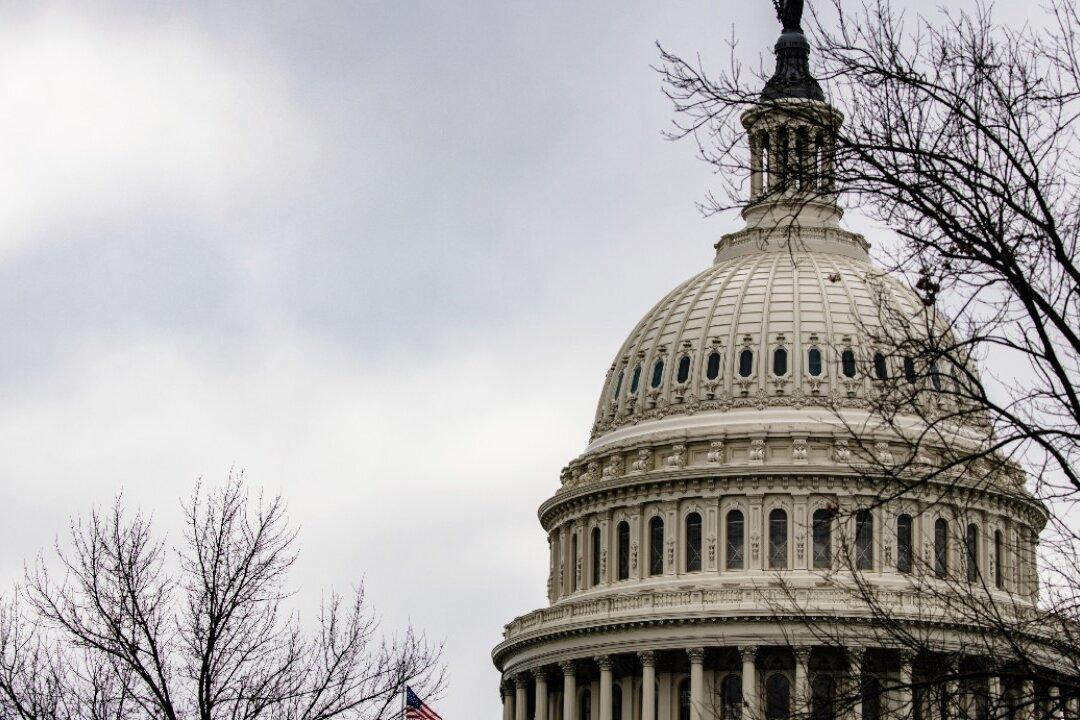Congress is negotiating more than 7,500 “pork-barrel spending” earmarks totaling $16 billion for a year-long omnibus spending bill.
The annual fiscal spending bill, which is meant to keep the federal government funded, will expire at the end of the current fiscal year, in September 2023.





